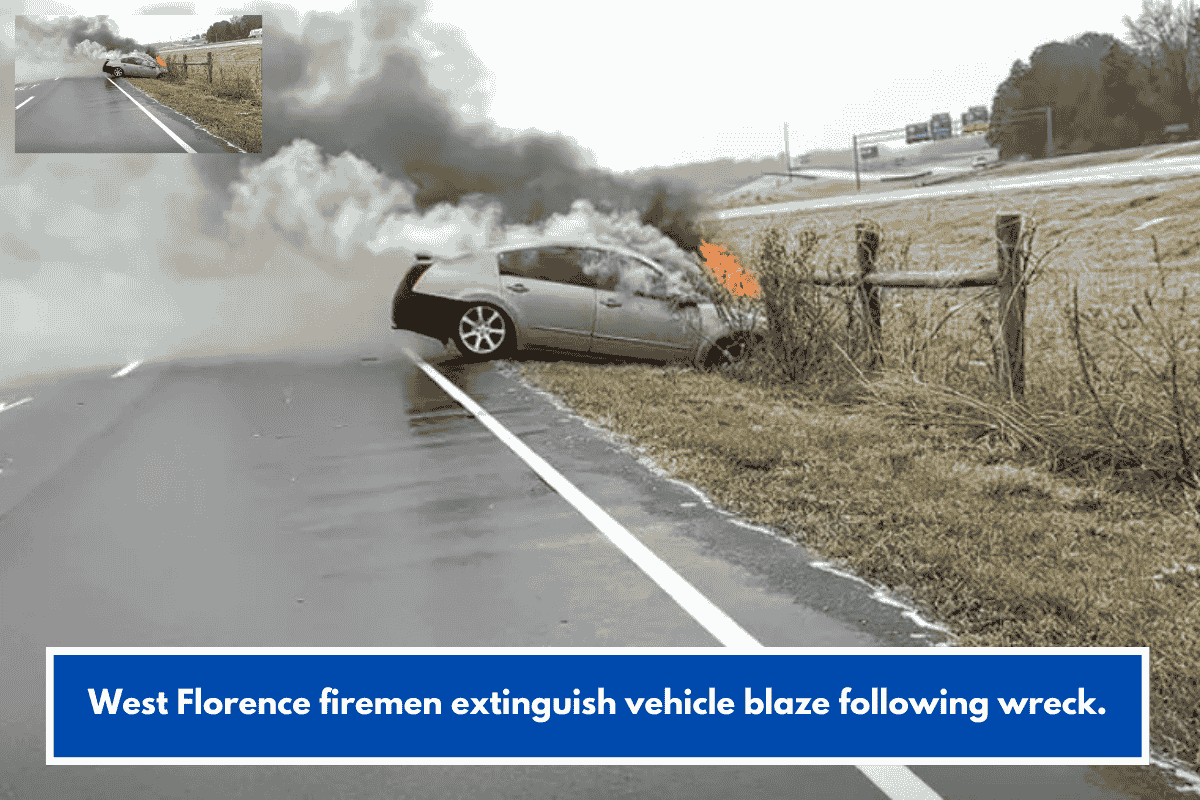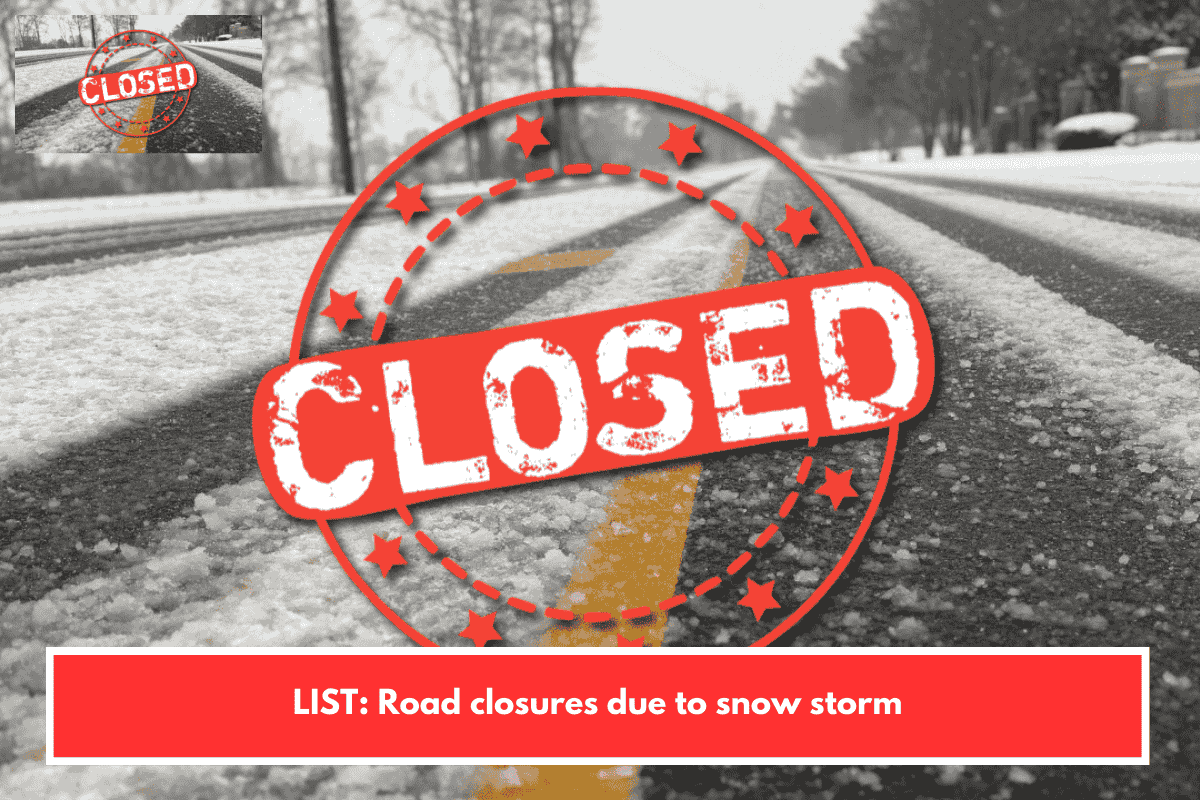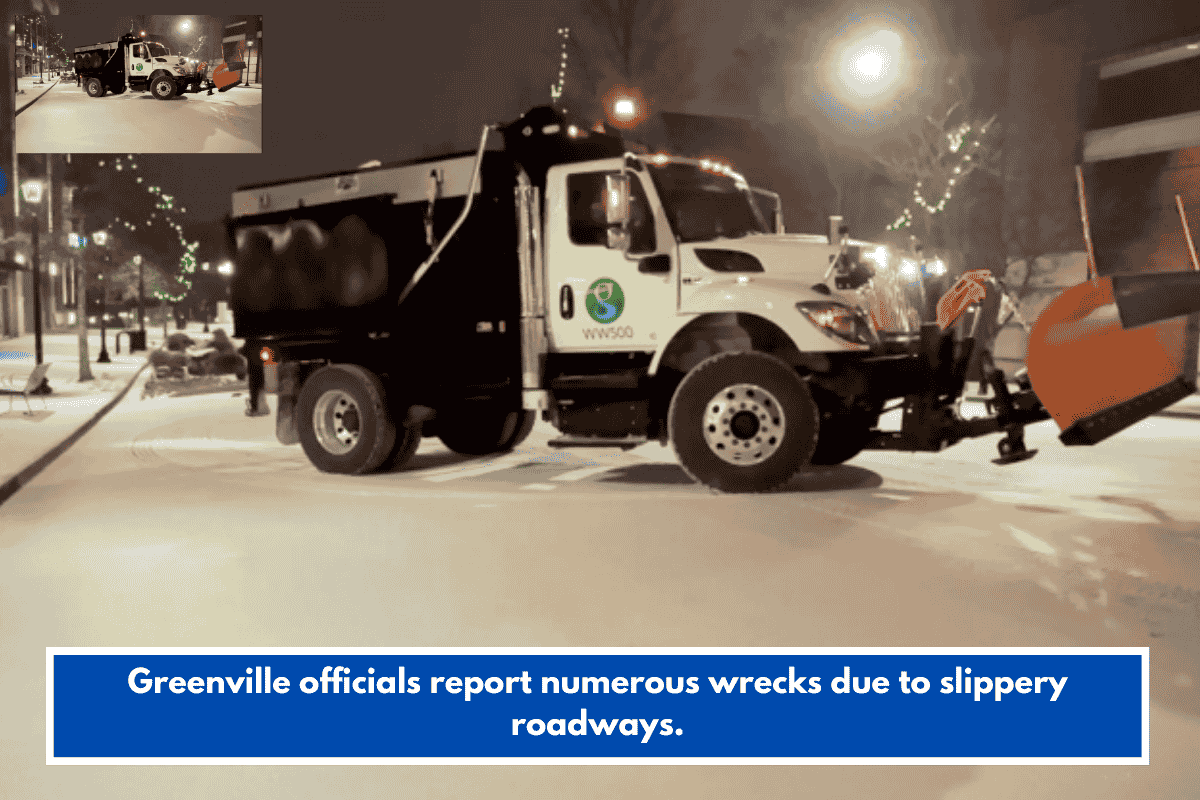If you’re in Connecticut and you’ve ever found yourself needing to take a nap or sleep overnight in your car, you might wonder about the legality of doing so. While it might seem harmless, sleeping in your car can lead to some legal issues depending on where and how it’s done. Here’s what you need to know about car sleeping laws in Connecticut and how to stay within the boundaries of the law.
Is It Legal to Sleep in Your Car in Connecticut?
In Connecticut, it’s not inherently illegal to sleep in your car. However, the legality of sleeping in your car depends on a few factors, including where you park, the duration of your stay, and whether you’re violating any other laws (such as parking or trespassing violations). Here’s a closer look at what’s important to keep in mind:
Parking Regulations
Where you park your car to sleep is a key factor in determining whether or not you’re violating the law. Here are some parking considerations:
Public Parking Lots: Sleeping in your car in public parking lots, such as those at shopping centers, malls, or business districts, may be subject to local ordinances or business policies. While it’s not automatically illegal, businesses or cities may have specific rules that prohibit overnight parking or require permission.
Private Property: Sleeping in your car on private property without permission is generally considered trespassing, and you could face charges if the property owner asks you to leave. Always make sure to get permission if you plan on sleeping on private property.
Rest Areas and Highways: In Connecticut, some highway rest areas allow drivers to pull over and sleep for short periods, but these are typically intended for resting and not for extended overnight stays. It’s crucial not to overstay your welcome, as authorities may issue a citation for loitering or illegal parking if you remain too long.
Local Ordinances and Curfew Laws
Many cities and towns in Connecticut have their own local ordinances that govern parking, overnight stays, or loitering in vehicles. These laws can vary, so it’s important to check local regulations if you’re planning to sleep in your car in specific areas, such as:
Residential Areas: It is generally illegal to park and sleep in a car in residential areas overnight, especially if you’re parked for extended periods without permission. Neighbors or local authorities may report vehicles that appear to be abandoned or are causing disturbances.
Loitering Laws: In some places, loitering laws may apply if you are found sleeping in a car in public spaces like sidewalks, streets, or parks. While sleeping in your car might not immediately violate these laws, you could still face penalties for loitering if it’s seen as disrupting the community or causing a public nuisance.
Drunk Driving and Impairment
Another important consideration when sleeping in your car is driving under the influence (DUI). If you’re parked and sleeping in your car but have been drinking or are under the influence of drugs, you can still be cited for a DUI. Connecticut law treats you as operating a vehicle if you’re in the driver’s seat with the keys in the ignition, even if you’re not driving. If an officer suspects you are impaired, you could face legal consequences even if you’re not actively driving.
Safety Considerations
Even if sleeping in your car is legal in a particular area, it’s important to keep safety in mind. Here are a few tips for ensuring a safer experience:
Lock your doors: Always make sure your doors are locked to prevent anyone from entering your car while you sleep.
Stay in well-lit, populated areas: If you’re sleeping in a public space, choose areas that are well-lit and have some foot traffic, such as rest areas, truck stops, or campgrounds.
Don’t leave valuables visible: Keep any valuables in your trunk or out of sight to avoid attracting thieves.
Alternative Options for Sleeping in Your Car
If you find yourself needing a place to sleep while in Connecticut, there are alternative options that may be safer and more comfortable:
Campgrounds: Many campgrounds offer spaces where you can park and sleep overnight, often for a small fee.
RV Parks: Some RV parks allow overnight parking for vehicles, including cars.
Rest Stops: While you can stop at rest areas for a short nap, ensure you’re not violating any time restrictions.
In Connecticut, sleeping in your car is not illegal per se, but where and how you do it matters. Always ensure you’re parked in an appropriate location, follow local ordinances, and stay aware of safety concerns. If in doubt, consider finding a designated campground or rest area that accommodates overnight stays, and always follow the rules to avoid any legal trouble.
SOURCES
[1] https://www.boondockersbible.com/learn/connecticut-rest-area-rules/
[2] https://i95rock.com/is-it-illegal-to-sleep-in-your-car-in-connecticut-what-you-need-to-know/
[3] https://www.reddit.com/r/Connecticut/comments/1bjk4yu/can_i_sleep_in_my_car_in_ct/
[4] https://i95rock.com/is-it-legal-to-sleep-in-your-car-in-connecticut/
[5] https://www.thezebra.com/resources/car-insurance/is-it-illegal-to-sleep-in-your-car/














